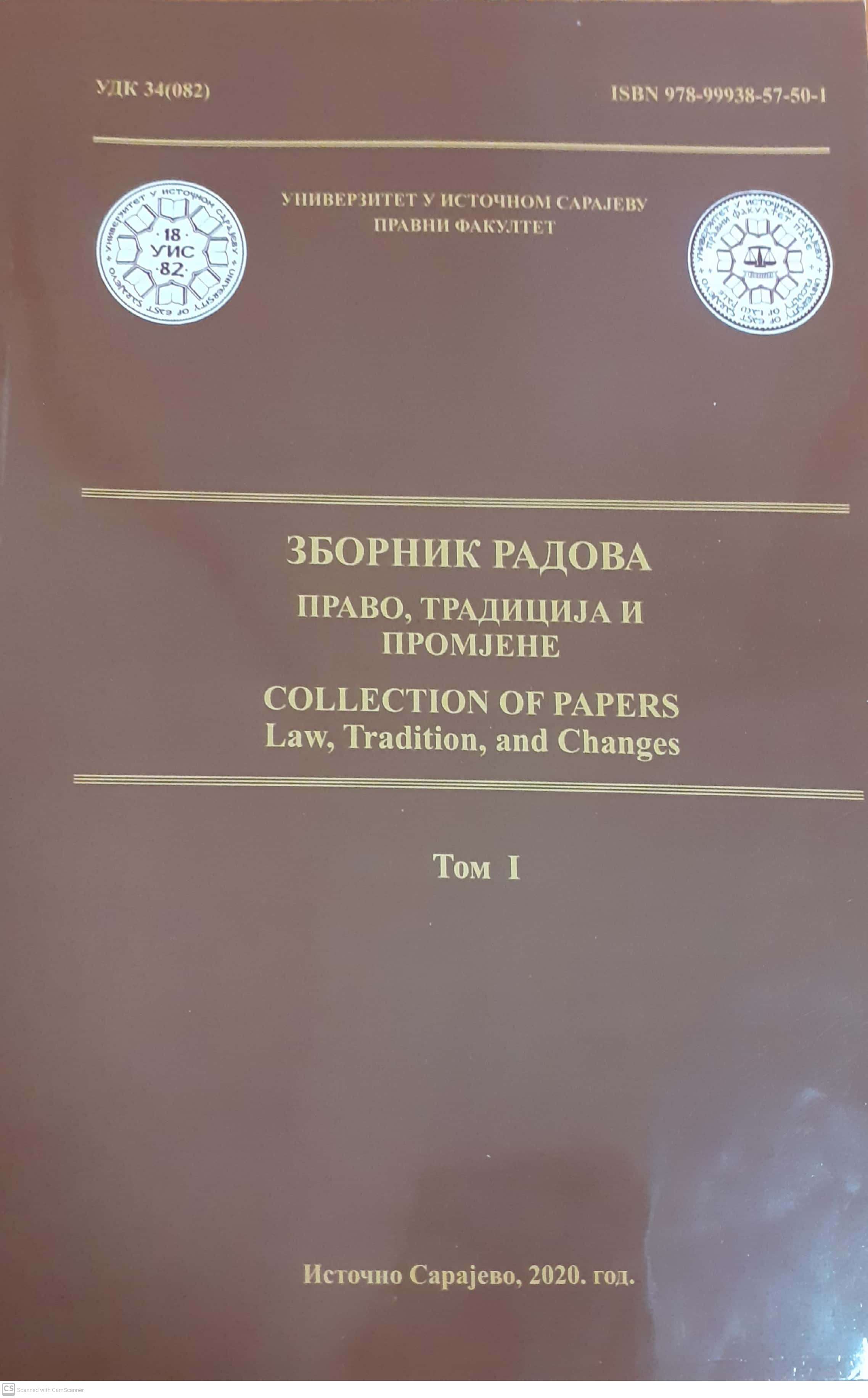О социјално-економском бикамерализму
On Socio-economic Bicameralism
Author(s): Goran Marković
Subject(s): Law, Constitution, Jurisprudence, Law on Economics, Socio-Economic Research
Published by: Правни факултет Универзитета у Источном Сарајеву
Keywords: Socio-economic bicameralism;Socio-economic chamber;Slovenia;The National Council;Ireland;The Senate;Morocco;Functional representation;Interest organizations;
Summary/Abstract: The author analyzes the least explored and constitutionalized form of the bicameralism – the socio-economic bicameralism. He examines theoretical basis of its existence, thinking that the socio-economic bicameralism is necessary since the parliament can't be the representation of the abstract citizens only, but also of the social groups, which objectively exist and have differing interests. The author thinks here on the social groups which are formed in the economic sphere, i.e. which are formed in the connection with the social organization of production. Another level of the analysis is the comparative one, since the author analyzes three constitutional systems (those of Slovenia, Ireland, and Morocco) which recognize the socio-economic bicameralism. He explores constitutional position of the socio-economic chamber, its legal nature, com- position, election, competences, and relationship with other parliamentary chamber. As much as it is necessary, the author uses the historical as well as the political methods, in order to explain the reasons for the constitutionalization of the socio-economic bicameralism. The author’s conclusion is that the socio-economic bicameralism is almost unknown in the modern constitutions, while the socio-economic chambers have very limited competences, which significantly decrease the possibilities of their influence on the realization of the functions of the parliament. This chamber is more or less only a corrective factor, which ad- vices, proposes, and vetoes, but rarely has the chance to effectively decide.
- Page Range: 210-234
- Page Count: 25
- Publication Year: 2019
- Language: Serbian
- Content File-PDF

